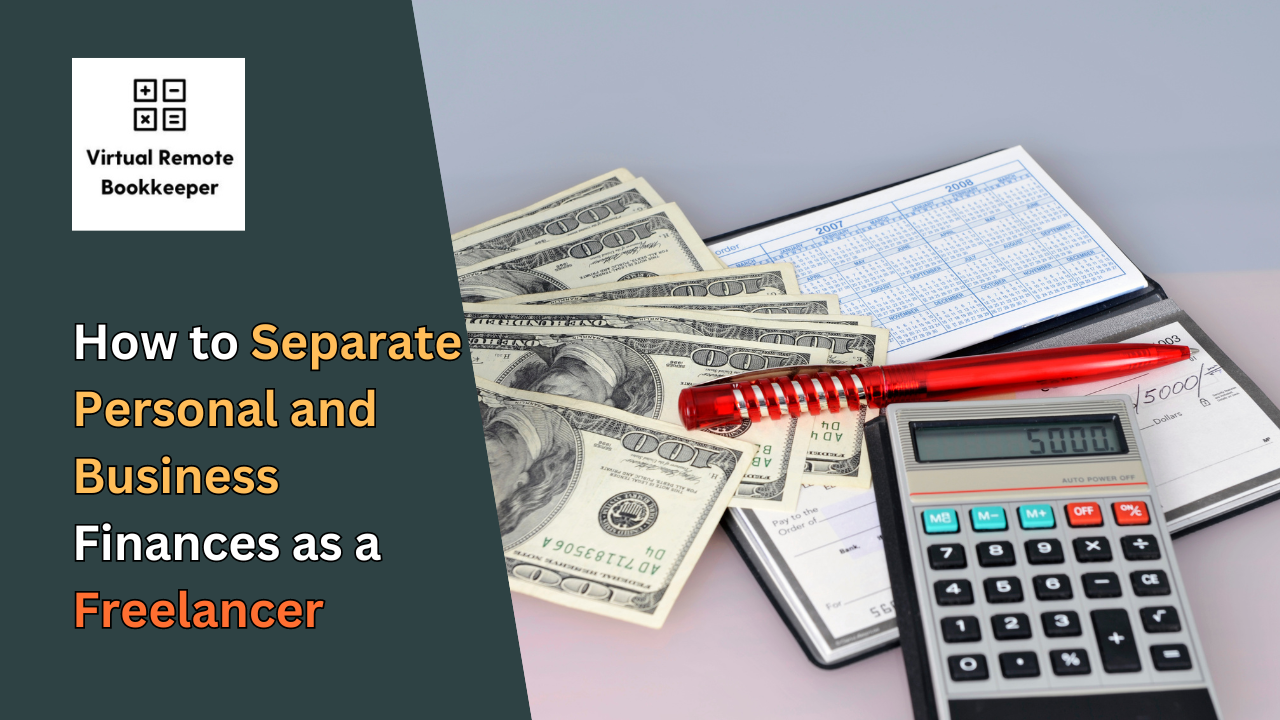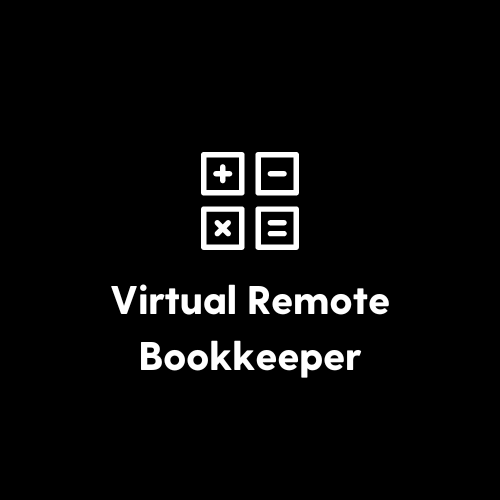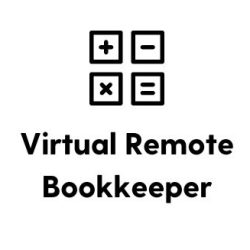
Managing finances is one of the most crucial aspects of freelancing. Whether you’re a seasoned freelancer or just starting, separating your personal and business finances is essential for financial success. Not only does this help you stay organized, but it also makes tax season less stressful and enables you to understand the profitability of your freelance business. Here’s how you can separate your personal and business finances effectively.
1. Open a Dedicated Business Bank Account
The first step to keeping your finances in check is to open a business bank account. Using a separate account for your freelance income and expenses will help you track cash flow more effectively. This way, you can easily distinguish between personal and business transactions, simplifying bookkeeping and tax preparation.
Why it matters: Keeping business and personal transactions separate helps in maintaining accurate financial records. It also looks professional to clients and partners when handling business finances.
2. Apply for a Business Credit Card
In addition to a business bank account, consider applying for a business credit card. This can help in several ways:
- Tracking business-related expenses,
- Building business credit,
- Earning rewards on business purchases.
Tip: Use this card only for business expenses like buying software, office supplies, or client lunches. Keeping personal and business expenses separate will help you manage finances and reduce confusion.
3. Create a Budget for Both Personal and Business Expenses
Budgeting is a game changer. You should create separate budgets for personal and business expenses. For business, consider costs such as:
- Office supplies,
- Marketing,
- Client lunches,
- Subscriptions for freelance tools (e.g., project management software),
- Taxes.
Your personal budget can focus on everyday expenses like rent, groceries, and entertainment. This practice allows you to set clear financial goals for both personal and business needs.

4. Pay Yourself a Salary
To maintain a healthy separation, you should “pay” yourself a set salary from your freelance income. This fixed amount will cover your personal expenses, and the remaining income stays within the business account. By doing so, you’re treating your freelance business like a professional entity and not just an extension of your personal finances.
Pro Tip: Set up automatic transfers from your business account to your personal account to make this process easy and consistent.
5. Track Business Expenses and Income with Accounting Software
Investing in accounting software (like QuickBooks, Xero, or FreshBooks) is vital for freelancers. These tools can automatically track your income and expenses, categorize transactions, and provide useful reports at tax time. They help you avoid the headache of manually tracking your business finances.
Why it’s important: Accounting software will save time, reduce errors, and provide valuable insights into your business performance.
6. Consult with a Tax Professional
Taxes can be complicated for freelancers, especially when it comes to deductions. By keeping your business and personal finances separate, you can more easily identify business expenses and maximize your deductions. It’s wise to consult with a tax professional who understands the specific needs of freelancers. They can guide you on which expenses are deductible and how to optimize your financial strategy.
7. Establish a Business Structure
Consider registering your freelance work as a legal business entity, such as an LLC (Limited Liability Company). This further solidifies the separation between personal and business finances. Not only does this provide legal protection for your personal assets, but it also makes your business appear more credible to clients.
Why it matters: An LLC or other business entity will make it easier to apply for business loans, establish a clear business credit profile, and keep finances legally separate.
Conclusion
Separating your personal and business finances is a crucial practice for freelancers. By taking simple steps such as opening a business bank account, applying for a business credit card, and using accounting software, you can simplify your financial management and set your freelance business up for success. Keep your business finances organized to minimize stress and ensure you’re always on top of your financial game.


